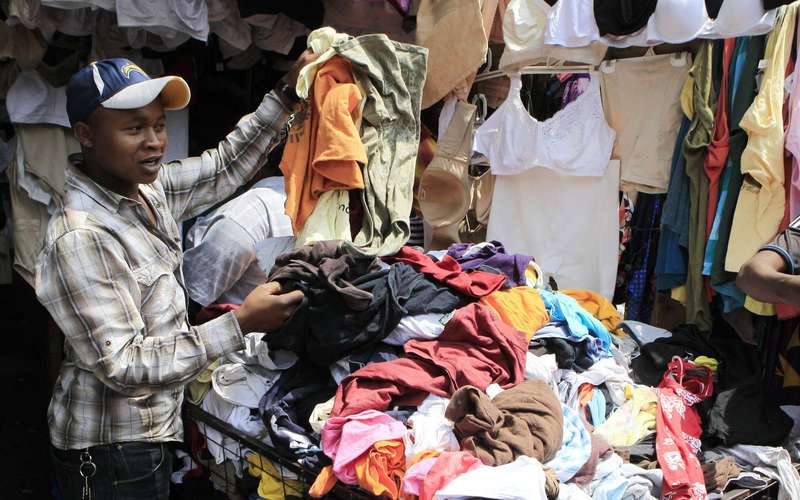Clearing your closet of last season’s gently worn clothes and donating them to an aid group probably makes you feel pretty good.
After all, you may be helping someone in need and breathing life into items that might otherwise decompose in a landfill.
The used items have created a robust market in East Africa and thereby a decent amount of jobs.
But experts say the vast amount of these imports have devastated local clothing industries and led the region to rely far too heavily on the West.
The goal is to stop relying on imports from rich nations, boost local manufacturing and create new jobs.
Suppliers like Global Clothing Industries, for example, solely send and ship used clothing, shoes and other items overseas.
For a ban to work, Brooks suggests introducing it gradually, and taxing secondhand clothing imports to help subsidize local production efforts. »



![image for Turned a corner and there was the most beautiful falls I've ever seen - Havasu Falls Arizona [OC][3000x2000]](b8b49528-732f-5e91-8d17-b220dc38eb01_yBDJke0_thumb.jpg)













